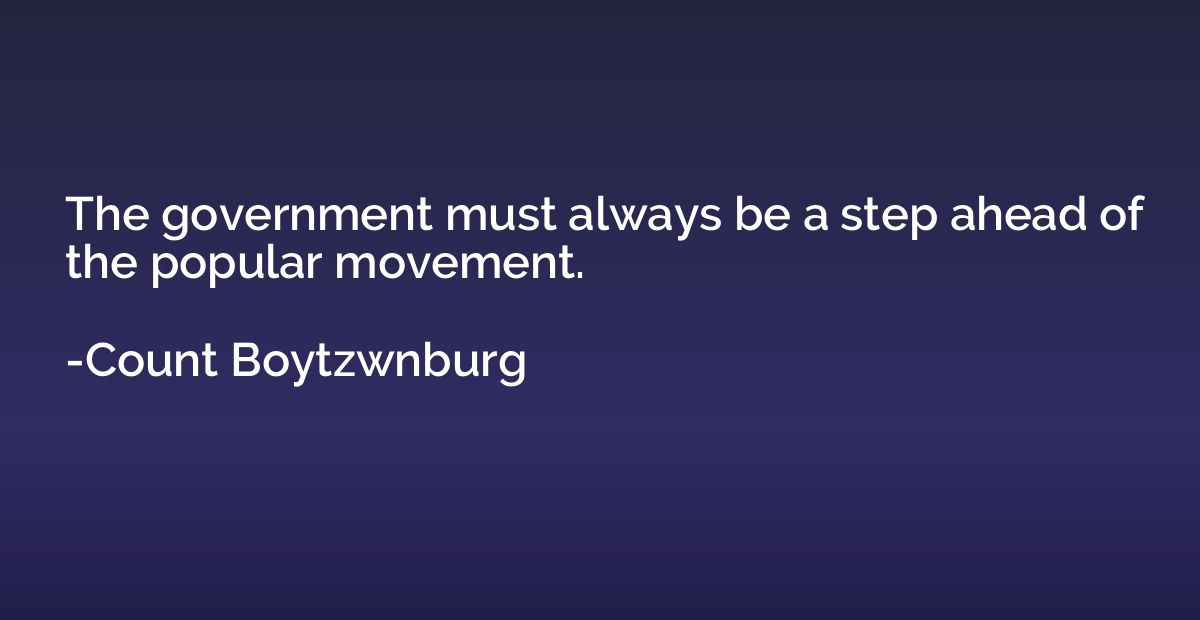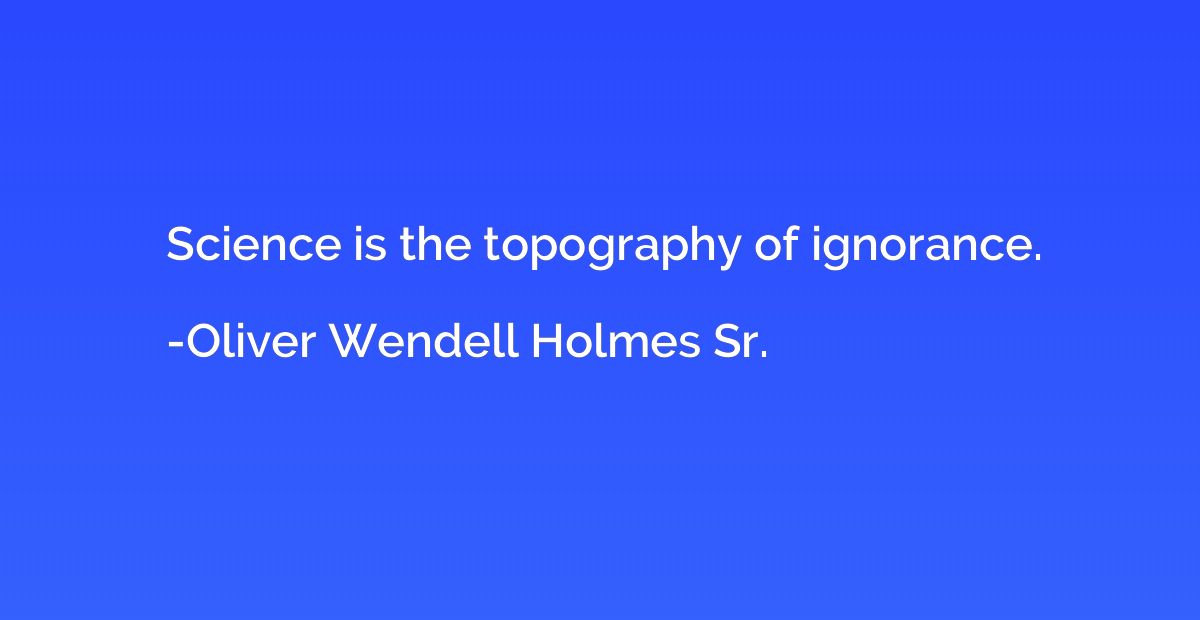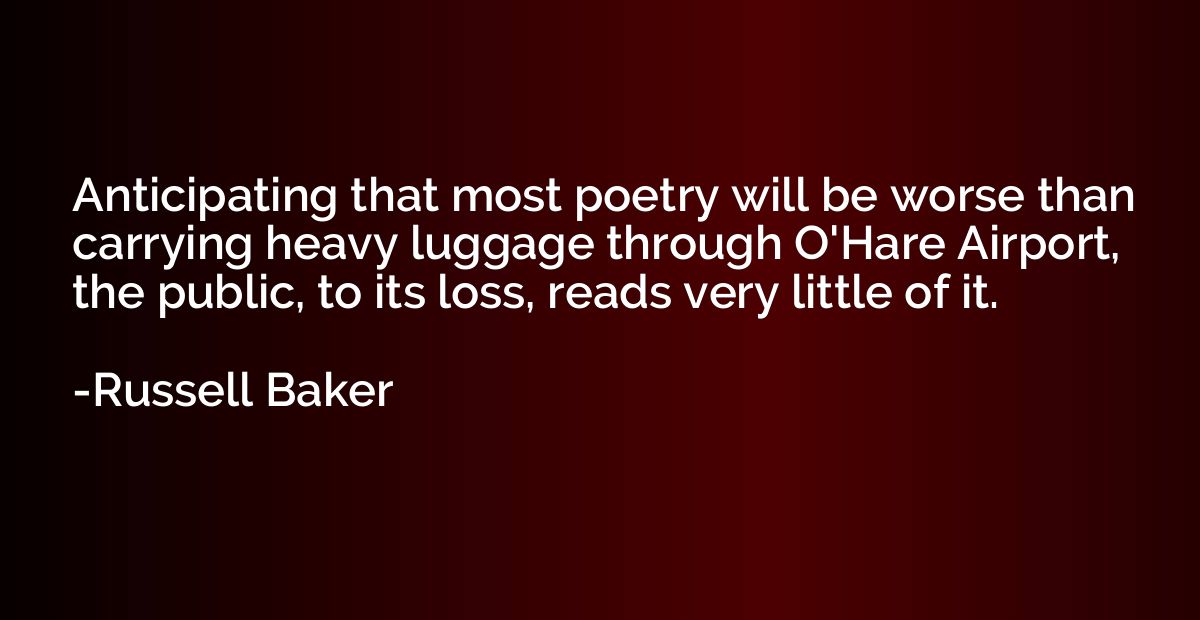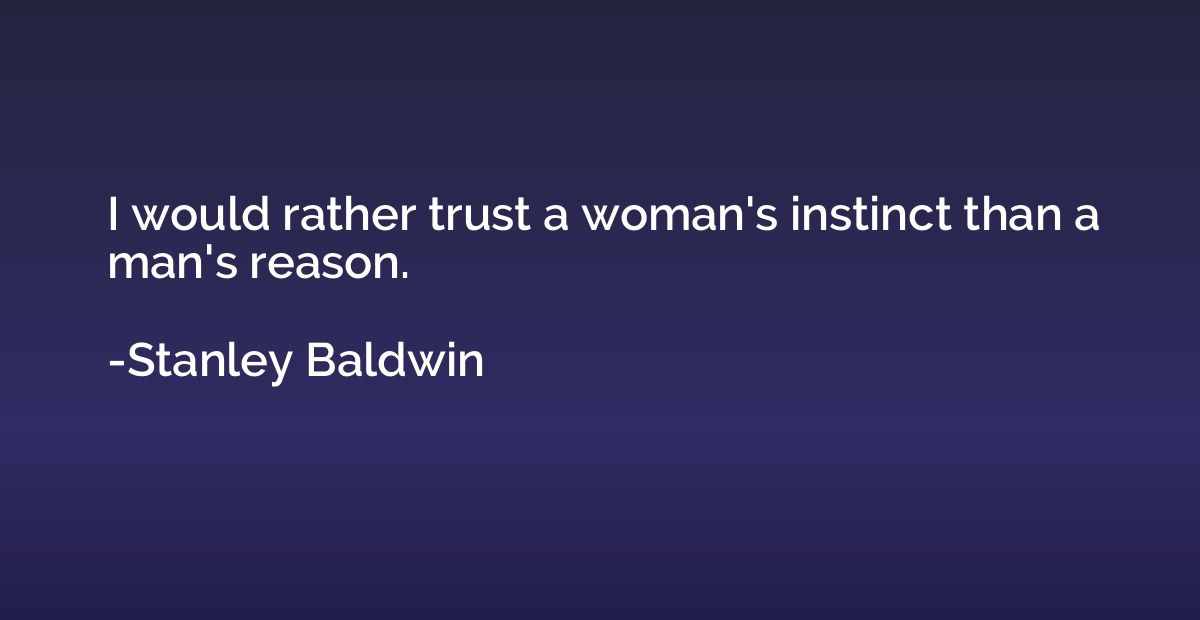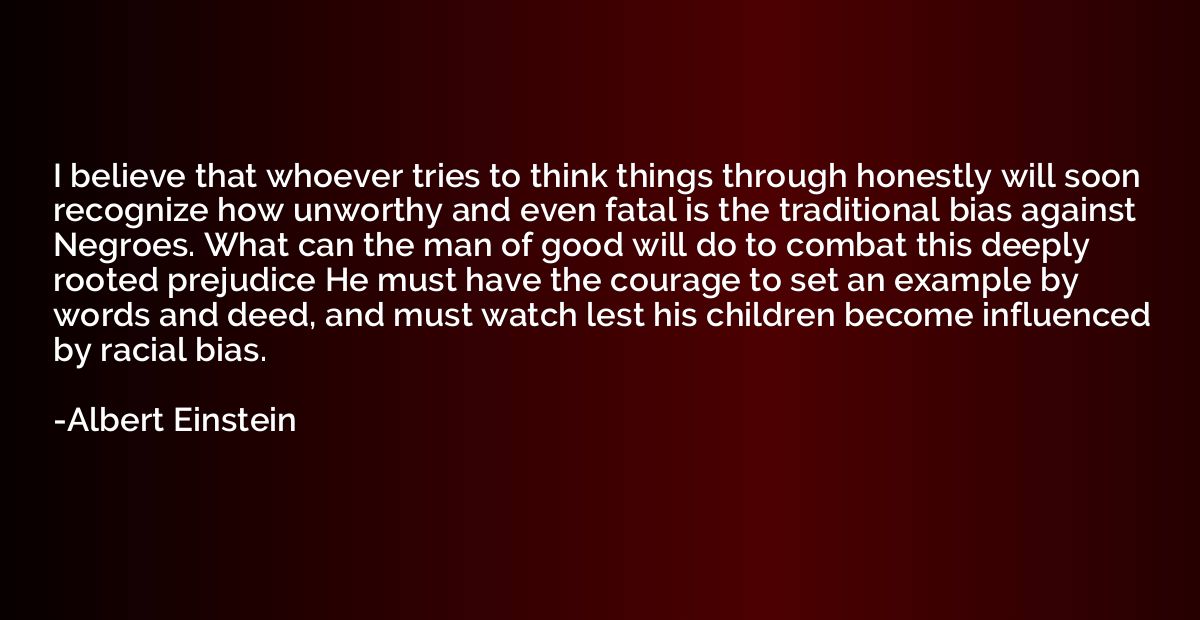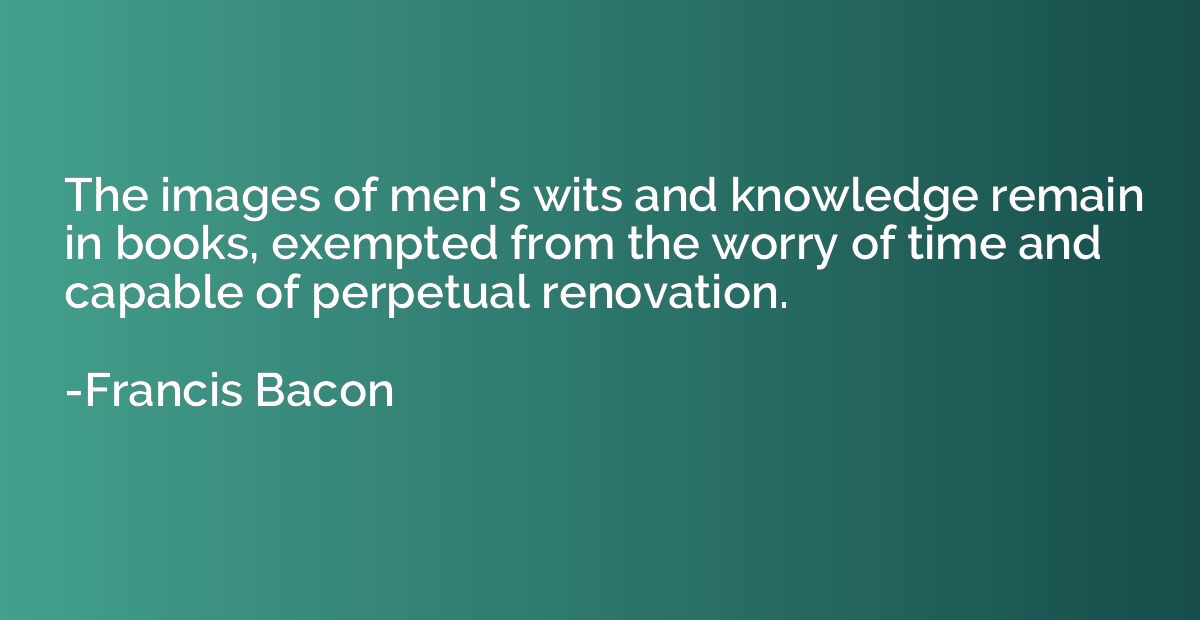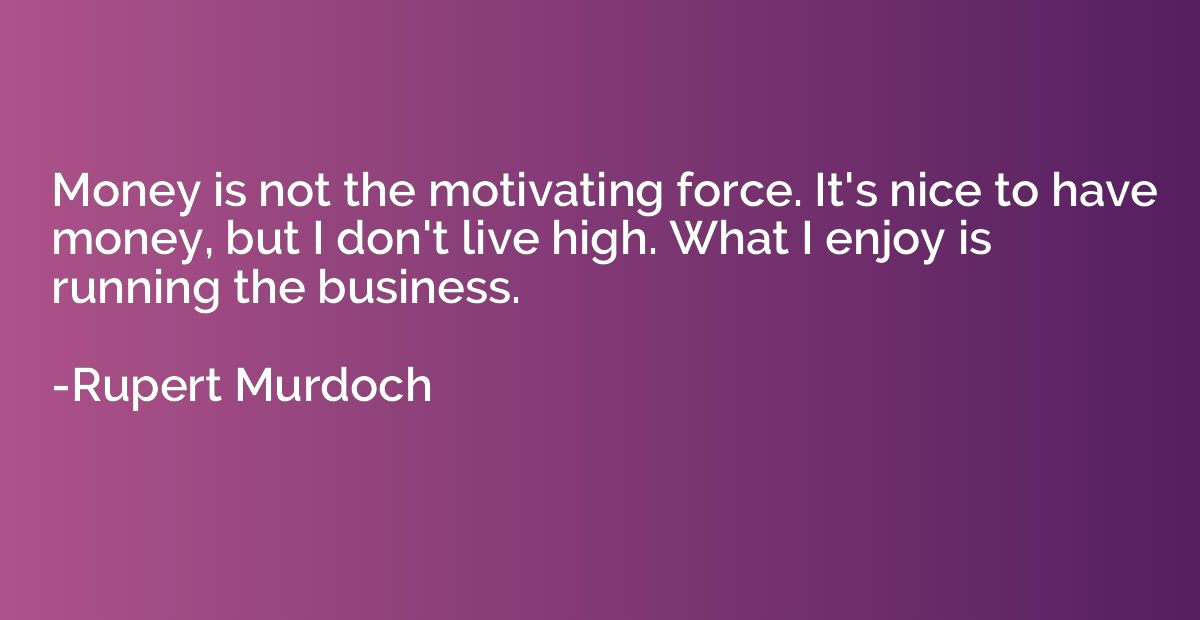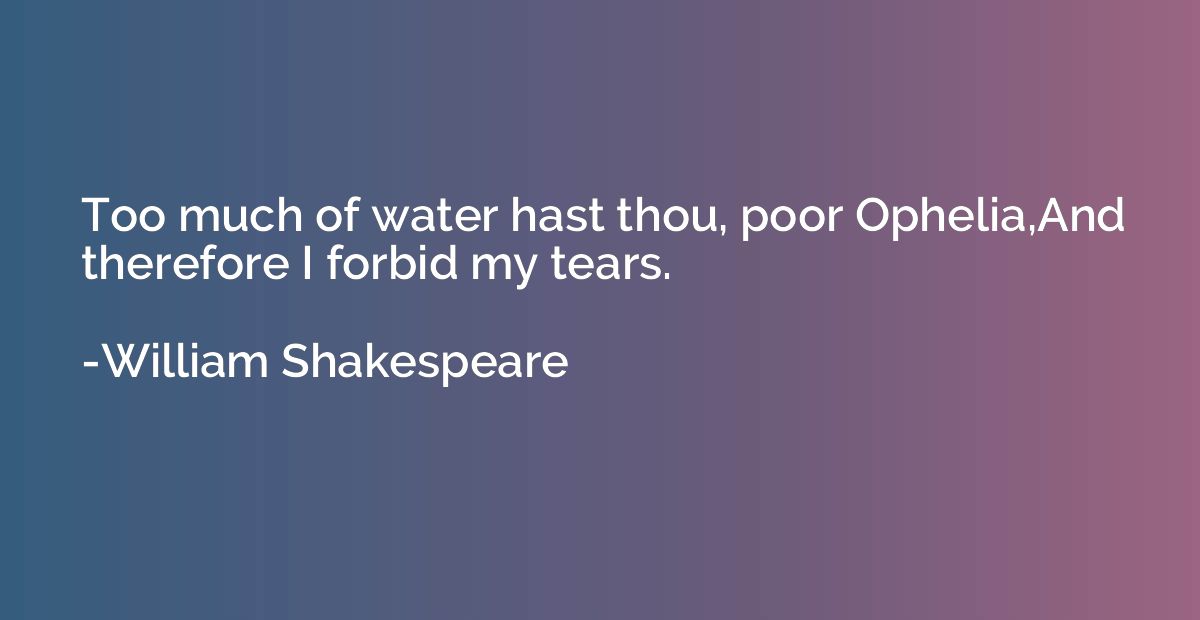Quote by Jacob Boehme
When thou art quiet and silent, then art thou as God was before nature and creature; thou art that which God then wats; thou art that whereof he made thy nature and creature: Then thou hearest and seest even with that wherewith God himself saw and heard in thee, before every thine own willing or thine own seeing began.
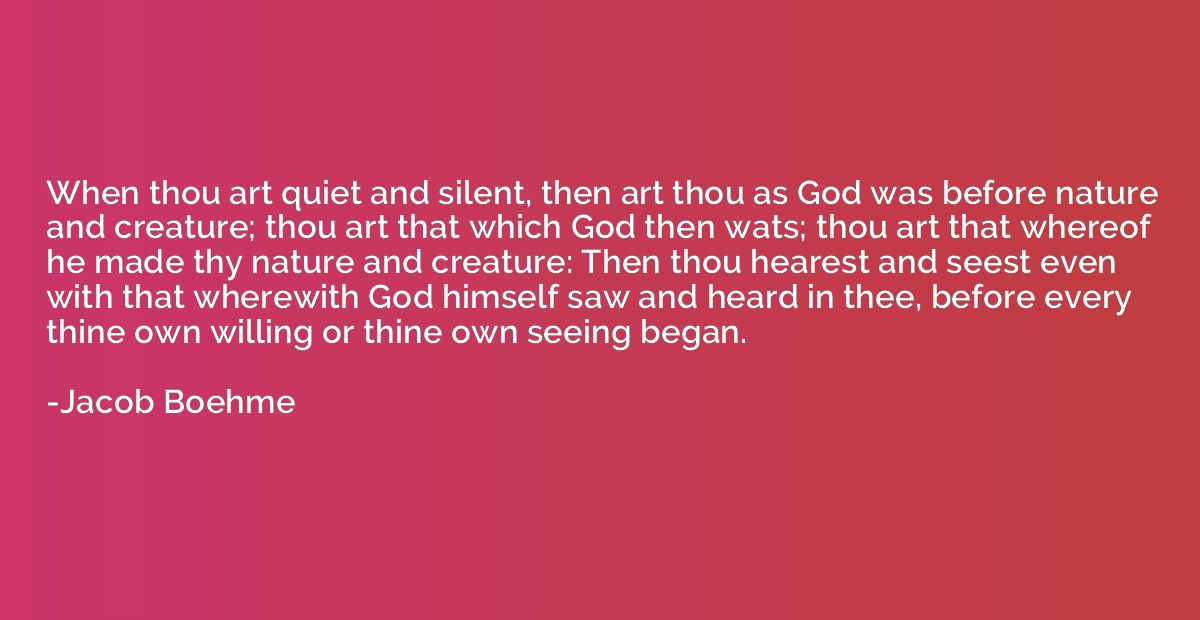
Summary
This quote suggests that when one is still and calm, they are able to connect with their inner divine essence. In this state of silence, one can tap into the same pure awareness that existed before the emergence of the external world and individual desires. By quieting the mind and letting go of personal attachments, one can experience a higher level of perception that aligns with God's own way of seeing and hearing from within oneself, prior to the influence of personal will or subjective perception.
Topics
Silence
By Jacob Boehme




